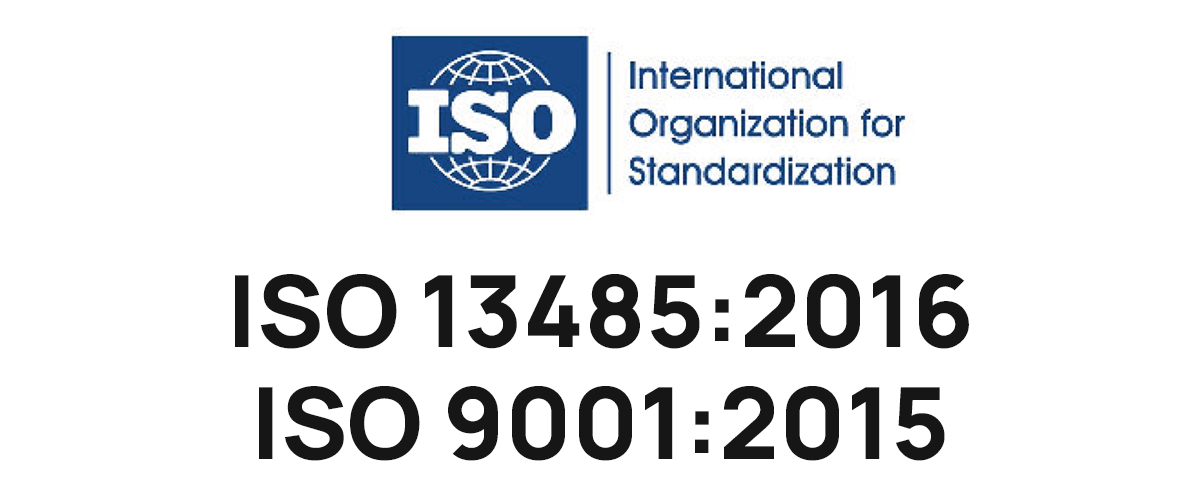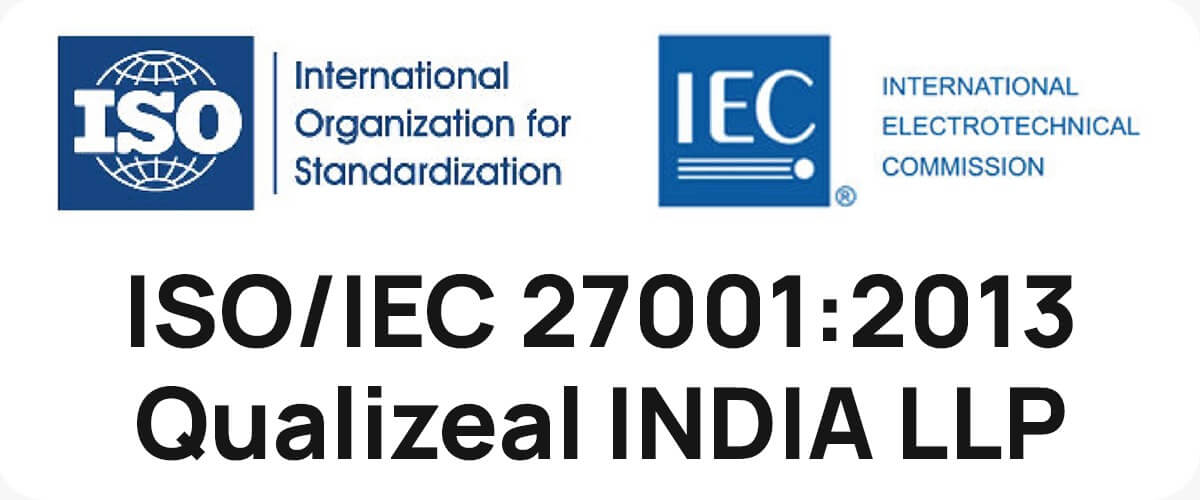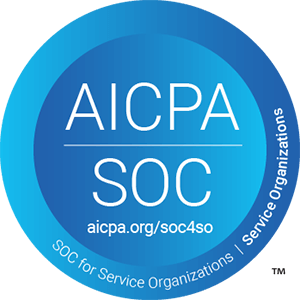Cruise companies are well known for providing lavish vacation experiences that attract millions of passengers each year. The cruise line sector is massive and continuously expanding, with the potential to outperform 2019 levels by a large margin. As per the forecasts, the number of worldwide cruise passengers would reach 36 million by 2024, with the business itself predicted to increase by 9.29% between 2023 and 2027, potentially generating $35.87 billion.
The cruise line reservation system is at the center of this thriving sector, providing cruise companies with the necessary infrastructure to manage reservations, cancellations, pricing, loyalty programs, and other aspects. It is critical to ensure that these technologies work smoothly across several platforms and interface fluidly with third-party services like flights, hotels, and payment gateways.
Testing cruise line reservation systems poses special challenges due to their complexity and reliance on real-time operations. In this post, we will look at the top five problems to testing these systems and how they may be efficiently solved.

1. Commission Handling
One of the most difficult tasks in a cruise line reservation system is accurately calculating and allocating commissions to agents and agencies. Commissions might vary greatly depending on the booking type, cabin class, promotional offers, and other considerations. Ensuring that they are computed accurately is critical for establishing positive relationships with agents and avoiding possible conflicts.
Challenge: Cruise line operations done majorly through Agencies, In Agencies, Primary and Secondary Agencies will there.For every agency, Agents are linked. According to the Agent and Agency Setups the commissions should be distributed. Commission should be distributed according to the engagement with the Cruise partner.
Cruise lines sometimes interact with many agents and agencies, each with a unique compensation structure. Testing for proper commission calculations under different circumstances, such as cabin improvements or promotional offers, is necessary yet difficult. Any errors in commission management might result in cash losses or disagreements with partners.
Solution: Cruise line operations are done majorly through Agencies, In Agencies, Primary and Secondary Agencies will there. For every agency, Agents are linked. According to the Agent and Agency Setups the commissions should be distributed. Commission should be distributed according to the engagement with the Cruise partner. Agencies are structured in a hierarchy, with commissions allocated accordingly to the core product. Agencies are linked to agents and can be validated through the B2B application during the booking process. This validation is confirmed in the invoice using available functionality, helping to reduce the risk of errors and disputes while ensuring financial transparency.

2. Client Merging & Duplicate Accounts
The other major problems are the duplicate accounts of the same client, which is very common in the cruise business. People usually plan repeat voyages or book via different channels. Handling the duplicate accounts and ensuring that they merge correctly without any loss of data would be another major challenge.
Challenges: Merging accounts without losing important data, such as loyalty points, booking history, or customer preferences, is a tricky task. A poorly tested merging function may result in missing data, resulting in disgruntled consumers.
Solution: Account-merging procedure should be put to intensive testing tests in order to ensure that the account and its data is intact during this process. There should be different test cases elaborating real life situations in which duplicate accounts will occur, and it is also necessary to check if the system successfully consolidates all the information required in the consolidation process.

3. Loyalty Points & Tier Levels
Cruise companies frequently provide loyalty programs that reward repeat customers with points, discounts, and other benefits. However, maintaining these programs inside a reservation system can be difficult, especially with appropriately representing loyalty points and tier levels.
Challenges: Ensuring that loyalty points are granted, recorded, and redeemed accurately throughout repeated reservations, promotions, and system upgrades is a significant testing challenge. The system must also ensure that tier levels remain intact and that consumers enjoy the correct advantages.
Solution: To deliver a positive customer experience, loyalty program functionality must be carefully tested, including edge cases where points may expire or be used for multiple offers. Automated testing can assist in ensuring that loyalty points are properly tracked, and tier levels are valid.

4. Onboard Credit (OBC) Coupons
Another incentive cruise lines offer guests for their cruises is onboard credit, which is sometimes abbreviated as OBC vouchers. Their various discounts can be spent on innumerable amenities onboard, such as dining, excursions, and spa treatments. The problem lies when the coupons are to be validated as properly redeemed, especially when used differently for assorted services in different sites.
Challenge: Testing the usage of OBC coupons comprises confirming that they are properly applied to the right services and that any limitations or constraints (for example, expiration dates, service exclusions) are accurately executed. Further, the system must ensure that consumers may use these coupons with ease, both during the booking process and on board the ship.
Solution: Automated testing could be applied for simulating various scenarios where OBC coupons are applied so that it is ensured that the coupons are validated, and the system reflects the correct application of coupons. Integration testing shall be necessary in order to ensure that the onboard systems as well as the reservation system can communicate properly regarding utilization of coupons.

5. Agent/Agency Hierarchy Changes
Cruise lines regularly collaborate with several agents and agencies, and their organizational systems might shift frequently. These changes can have an impact on commission calculations, booking rights, and other aspects, thus it is critical that the system processes these adjustments correctly.
Challenge: When an agent or agency changes status (for example, from primary to secondary), the system must appropriately record the change without creating problems in commission calculations or booking procedures. Testing these scenarios might be difficult since they entail numerous levels of hierarchy and different situations.
Solution: The system should be tested thoroughly to ensure that changes in the hierarchies of the agents/agencies are made the right way. Test cases should cover appropriate scenarios, such as an agency changing the status of another, or moving from one agency to another. Automated tests will help to make sure that changes are dealt with in the right way by the system.

What are the other Important Factors to consider in testing cruise lines reservation systems?
As important as the above listed five issues are, there are plenty of other important factors involved in evaluating cruise line reservation systems. Examples include:
a) Data synchronization
Cruise line reservation systems frequently need to synchronize data with several third-party systems, including airlines, hotels, and payment gateways. To eliminate booking mistakes or conflicts, data must be updated consistently across all platforms in real time.
Solution: Real-time synchronization testing should be performed to ensure that data is consistently updated across all systems and that any delays or errors are rectified as soon as possible.
b) Currency Management
Given the worldwide character of the cruise business, reservation systems must accept numerous currencies and provide precise currency conversions. This increases the difficulty of testing.
Solution: To eliminate pricing inconsistencies, test precise currency conversions and proper handling of numerous currencies. Automated testing may be performed to replicate bookings in several currencies and ensure that the system accurately calculates pricing.

Conclusion: Finding the Right Technology Partner
Testing cruise line reservation systems is a difficult and multidimensional procedure that involves a variety of issues, including commission handling, client merging, loyalty programs, and currency management. As the cruise industry expands, the requirement for strong, scalable, and dependable reservation systems becomes increasingly vital.
QualiZeal understands the unique issues that cruise lines confront and provides a full range of testing services to handle all aspects of these complex systems. Our team of professionals is proficient in functional, performance, security, and integration testing, guaranteeing that your reservation system runs smoothly on all platforms.
Whether you’re managing numerous booking kinds, processing real-time data synchronization, or verifying compliance with international standards, QualiZeal is your reliable partner for offering high-quality testing solutions to the cruise line industry.
For additional information on how we can help you ensure the dependability and scalability of your cruise line reservation system, get in touch with us at qzinfo@qualizeal.com.












